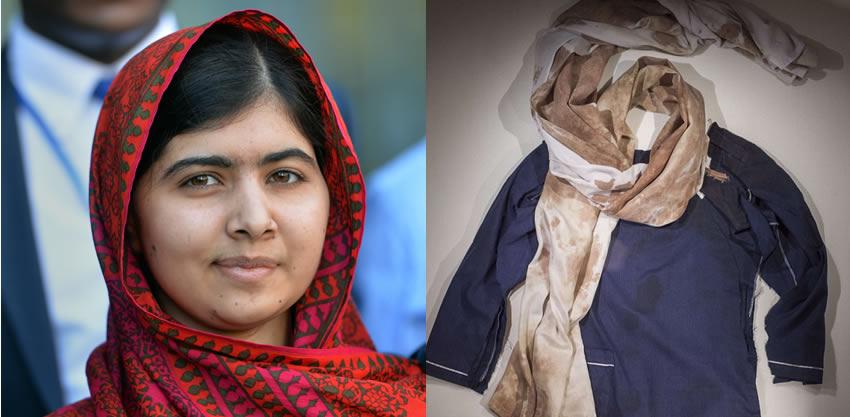 WASHINGTON: Pakistan has a role to play in Afghan reconciliation process and a political element is important to resolving the ongoing conflict in Afghanistan, according to a senior United States envoy. Special Representative for Afghanistan and Pakistan, Richard Holbrooke rejected the assertion that Pakistan army is opposed to Afghan reconciliation.“I do not have personal evidence or intelligence that supports that interpretation of what has been going on,”Holbrooke told CNN in an interview when host of the GPS program suggested Pakistan was resisting current efforts towards a peace deal between the Taliban and Kabul. His remarks came as The Washington Post, quoting unnamed Pakitstani officials, reported that Islamabad wants a larger role in Afghanistan negotiations process, aimed at helping a way out of the nine-year old conflict.Holbrooke said the Afghansitan situation cannot be resolved militarily alone and that some kind of political element is essential to a resolution of the war. “We have our goals. We have our strategy. It is of the most vital importance to our national security interests, and it directly affects the homeland security of our nation, as everyone knows. And we are determined to see it through,” he said of the Obama administration’s resolve to implement its Afghan strategy.
WASHINGTON: Pakistan has a role to play in Afghan reconciliation process and a political element is important to resolving the ongoing conflict in Afghanistan, according to a senior United States envoy. Special Representative for Afghanistan and Pakistan, Richard Holbrooke rejected the assertion that Pakistan army is opposed to Afghan reconciliation.“I do not have personal evidence or intelligence that supports that interpretation of what has been going on,”Holbrooke told CNN in an interview when host of the GPS program suggested Pakistan was resisting current efforts towards a peace deal between the Taliban and Kabul. His remarks came as The Washington Post, quoting unnamed Pakitstani officials, reported that Islamabad wants a larger role in Afghanistan negotiations process, aimed at helping a way out of the nine-year old conflict.Holbrooke said the Afghansitan situation cannot be resolved militarily alone and that some kind of political element is essential to a resolution of the war. “We have our goals. We have our strategy. It is of the most vital importance to our national security interests, and it directly affects the homeland security of our nation, as everyone knows. And we are determined to see it through,” he said of the Obama administration’s resolve to implement its Afghan strategy.
President Barack Obama, the envoy said, “personally oversees every critical detail refer—related to our homeland security.” At the same time, he cautioned against overblown and premature interpretations of the Afghan reconcilaiton effort launched by Afghan President Hamid Karzai. He did not see the current contacts constituting negotiations between two warring parties in the traditional sense.“And I am—I’m not in the spin patrol of the people who are giddy with optimism on the op-ed pages of some papers or the people who say it’s another Vietnam and it’s hopeless. It’s certainly not another Vietnam, for reasons you and I discussed before. And it is certainly not hopeless. But anyone who doesn’t recognize what a daunting task it is is misleading.”
The American public, he said, should understand that this is not going to be solved overnight.
“It—it is going to be a difficult struggle. It has a political component, where you’re not trying to win this war militarily, and a Dayton-type negotiation is also very unlikely. “But some kind of political element to this is essential, and we are looking at every aspect of this. We are talking to all our other nations about it. Forty of them assembled in Rome with me a week ago.”Holbrooke acknowledged that Taliban has been a part of the recent Afghan political life.“Everybody understands that the Taliban is part of the fabric of recent Afghan political life. They were a government that controlled the country until 9/11. Secretary (Robert) Gates has said this, Secretary (Hillary) Clinton, myself,” he responded when host Fareed Zakeria asked that the Taliban has to be integrated because it’s part of the Pashtun community.
“Mullah Omar himself, however, was sheltering Osama bin Laden, and that presents unique difficulties to anyone talking about reconciliation. And this is just something that we have to examine carefully,” he added.Continiuing, Holbrooke stated :”The Pakistanis also have a role to play here, and you’ve raised a very important issue. I think we’ll return to it many times in the coming months, because we’re just at the front edge of it. There’s a lot more in the press about this than there is in reality at this point – App











